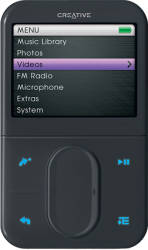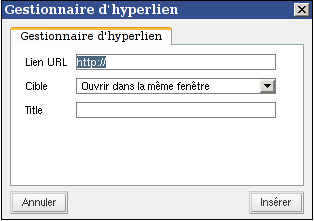
As I was involved in gsoc 2007 within the Rockbox project, I ventilated the idea on the libcurl mailing list just yesterday that perhaps this is a good year for the cURL project to apply to become a mentoring organization to be able to host students doing gsoc work?
If so, this is no point unless we can at least present a bunch of interesting projects to lure students to us to have them work to improve (lib)curl and do stuff we otherwise might have a hard time to get done.
What things would you like to see that you consider would be a good project for a student to work on during the summer 2008?
New protocols? Fixing the last remaining blocking calls within libcurl? Fixing up/replacing language bindings? It’s not strictly a requirement that we come up with the best ideas since students apply with their own suggestion anyway, but we can provide good suggestions and ideas that will make students attracted to us and make them select to work for our project – should we be selected as a mentor organization.







